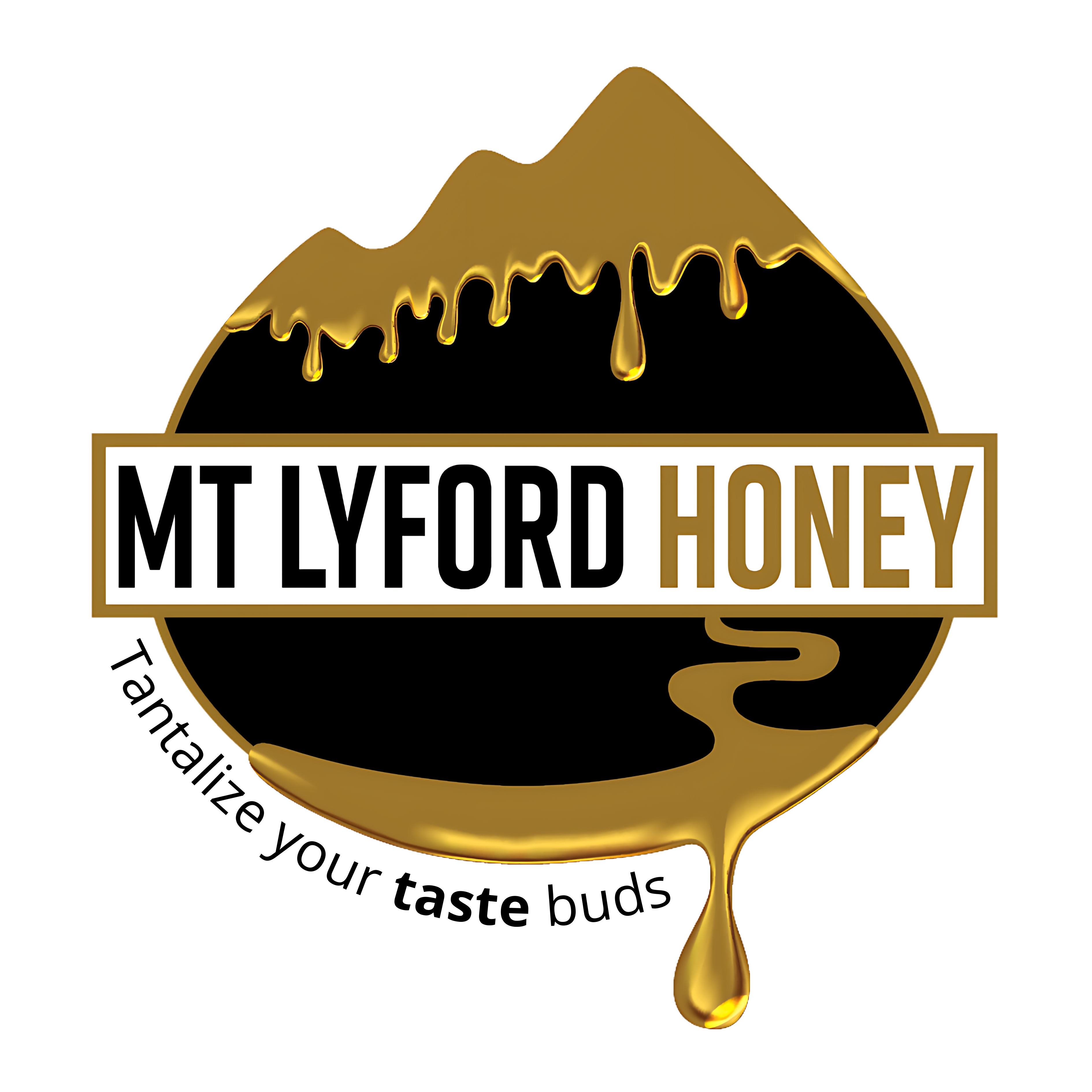MGO (Methylglyoxal) and UMF (Unique Manuka Factor) are both important markers in the assessment of the quality and potency of Manuka honey. While they both indicate the presence of beneficial compounds in the honey, they differ in their methods of measurement and what they represent.
MGO is a naturally occurring compound found in Manuka honey, and its presence is directly correlated with the honey's antibacterial properties. It is measured in milligrams per kilogram (mg/kg) and indicates the concentration of Methylglyoxal in the honey. The higher the MGO rating, the higher the antibacterial potency of the honey. MGO is formed from the conversion of dihydroxyacetone (DHA), which is found in the nectar of Manuka flowers, during the honey's ripening process. Therefore, MGO serves as a reliable indicator of the honey's potency in terms of its antibacterial activity.
UMF is uses different methods to measure the overall quality and purity of Manuka honey. It includes the Methylglyoxal content along with other compounds such as leptosperin and dihydroxyacetone (DHA). These additional compounds contribute to the unique properties of Manuka honey, including its antibacterial, anti-inflammatory, and antioxidant effects. The UMF rating system was developed by the Unique Manuka Factor Honey Association (UMFHA) to provide consumers with a standardized way to assess the quality and authenticity of Manuka honey. The UMF rating is represented by a number, with higher numbers indicating higher levels of these beneficial compounds.
While both MGO and UMF provide valuable information about the quality of Manuka honey, they serve slightly different purposes. MGO specifically measures the concentration of Methylglyoxal, which is one of the key antibacterial compounds in Manuka honey, while UMF is more focused on the honey's overall potency. Ultimately, consumers may choose to consider both MGO and UMF ratings when selecting Manuka honey, depending on their specific needs and preferences.






